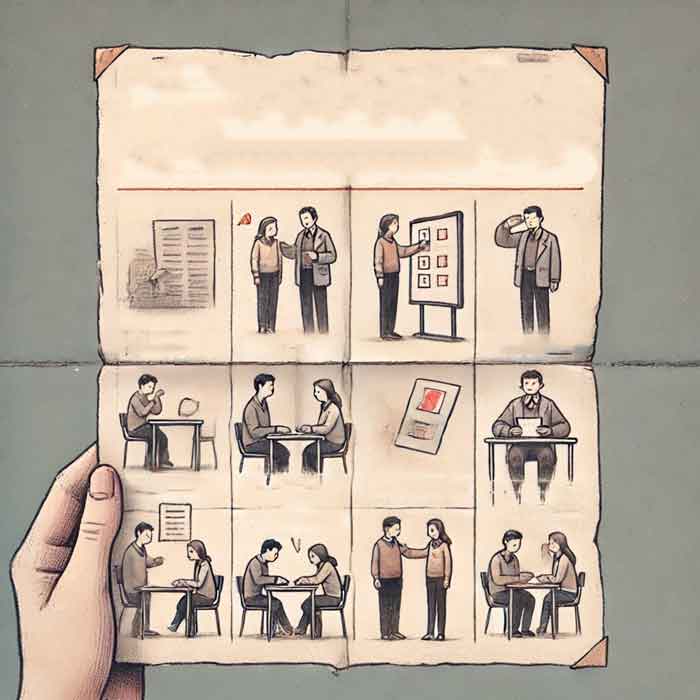What separates A1, A2, and B1 on the FIDE speaking test?
FIDE test language levels explained – Summary This article summarizes what is expected of the speaking levels on the FIDE test (A1,…

FIDE test language levels explained – Summary This article summarizes what is expected of the speaking levels on the FIDE test (A1,…
Why are language courses so grammar-intensive, and is it useful? The persistence of grammar-based language teaching: a cognitive and historical perspective Introduction:…

Many people looking to extend their Swiss settlement permits or apply for naturalization in Switzerland must take the FIDE test. The FIDE…
Grammar – Why focusing on learning through grammar classes isn’t the best approach An encounter with the French subjunctive Students aiming to…

Complete Guide to the Spoken Examination of the FIDE exam The Swiss FIDE test is a key step for anyone in Switzerland…

It’s quite easy to live in Geneva without speaking French, especially if you speak English or Spanish. However, is this approach truly beneficial in the long run?

If you’ve studied one or several second languages, you’ve probably come across the terms A1, A2, B1, B2, C1, and C2 to…

*This article is written considering French and English language learners. However, the content applies to all forms of language learning. Intensive English…

The Art of Self-Study: Learning French inside and outside class Embarking on a language learning journey, whether through formal classes or self-study,…

Everything You Need to Know About the Swiss FIDE Exam If you’re a non-Swiss resident in the French-speaking region of Switzerland, the…
My Linguistics School
© 2024 – My Linguistics SARL